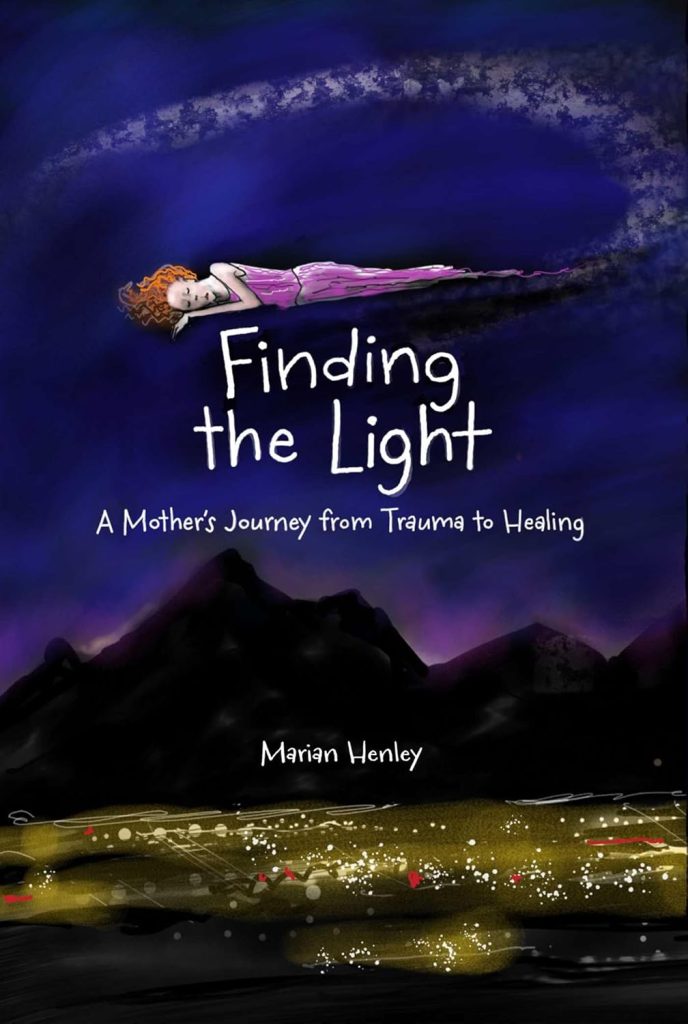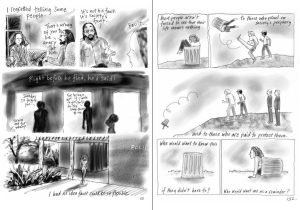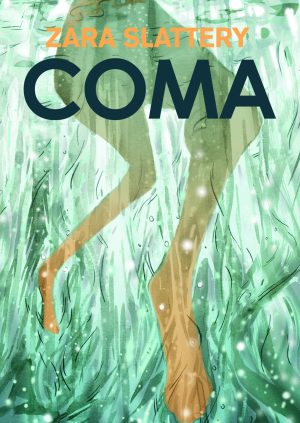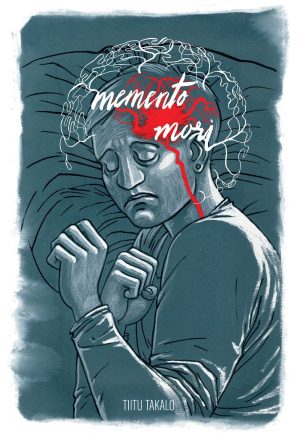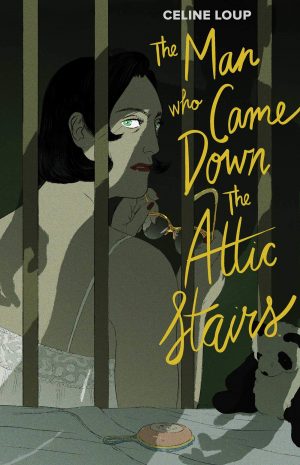Review by Ian Keogh
Very understandably, there have been few, if any graphic novels dealing with rape produced by someone who’s experienced the terror and violation first hand. Marian Henley was raped. Not only once, but twice, and that trauma bubbles to the surface as the subject of Finding the Light as rape is the violent violation that never departs. Apparently time rarely heals. The courage, therefore, to relive the feelings of the time at length in order to produce a memoir would be beyond most people, and Henley referring to the incidents occurring long in the past is no softener.
The lead-in is extended as Henley presents pages of what she enjoyed about her son at various points in his life until he reaches puberty, when his likes and attitudes change. Henley is offended by the repetitive derogatory term “bitch” in the music he listens to, which spreads down to conversations with his friends, yet doesn’t at first realise what it reawakens in her.
Henley comes to comics via a career drawing strips for independent papers, and tidy, loose and expressive illustrations are connected by a thoughtful sense of visual interpretation using a variety of techniques. Moreso than other graphic novels, the approach to individual pictures and pages is determined by the content, rather than a rigid application of a style. Visual metaphors sit easily alongside day to day events, while the terror conveys powerfully.
This is a passionate memoir, accusatory, but never descending into primal rage, which would be entirely understandable. There’s anger not just at the rapists, but at a court system allowing victims to be condemned and shamed, and of value is noting that the response to rape is individual, whereas even well-intentioned dramas dealing with rape tend to follow a pattern. Having endured the horror of being raped twice, Henley can offer observations such as the commonality of the assailant’s families seemingly blaming her for their relative being in court. She also runs through some appallingly unsympathetic incidents in the aftermath. Why would anyone being told what happened consider Henley’s energy attracted the violence into her life?
There is the nearest form of happy ending that could be hoped for, yet Finding the Light isn’t comforting, which may seem a crass statement considering what’s prompted it. The presentation is heart-wrenchingly unflinching, resulting in a book many men could benefit from reading just for the sake of greater understanding, and anything that raises awareness of both rape and the long term effect on victims is invaluable.
